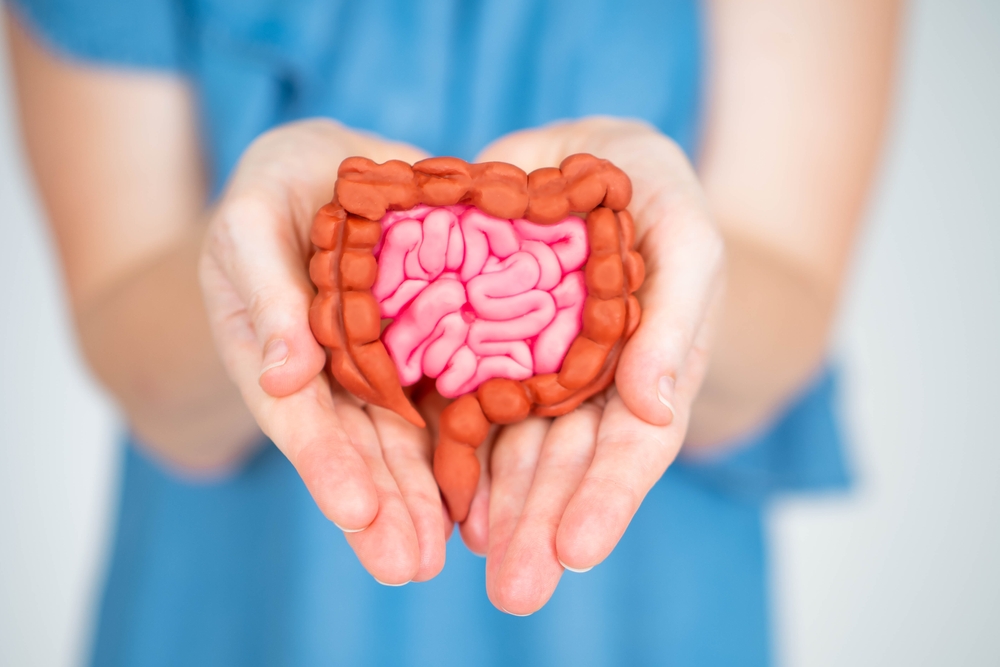In the realm of health and wellness, few things are as vital as digestive health. The state of our digestive system impacts not only our physical well-being but also our mental and emotional health. From what we eat to how we manage stress, numerous factors influence the health of our gut. In this comprehensive guide, we’ll explore various tips and strategies to optimize digestive health and promote overall well-being.
Understanding Digestive Health
Before delving into tips for better digestive health, it’s essential to understand the intricacies of the digestive system. The digestive tract is a complex network of organs responsible for breaking down food, absorbing nutrients, and eliminating waste. Key components of this system include the mouth, esophagus, stomach, small intestine, large intestine, liver, gallbladder, and pancreas.
The gut microbiome, which consists of trillions of bacteria, fungi, and other microbes, plays a crucial role in digestive health. These microorganisms aid in digestion, support immune function, and even influence mood and cognition.
When the digestive system is functioning optimally, we experience regular bowel movements, minimal bloating or gas, and overall comfort after eating. However, various factors can disrupt digestive health, leading to issues such as indigestion, constipation, diarrhea, and inflammatory bowel diseases like Crohn’s disease and ulcerative colitis.
Tips for Better Digestive Health
- Eat a Balanced Diet: Perhaps the most fundamental aspect of digestive health is diet. Consuming a diverse range of whole foods ensures that you receive essential nutrients while supporting a healthy gut microbiome. Focus on incorporating plenty of fruits, vegetables, whole grains, lean proteins, and healthy fats into your meals.
- Fiber-Rich Foods: Fiber plays a crucial role in digestive health by promoting regular bowel movements and supporting the growth of beneficial gut bacteria. Include fiber-rich foods such as beans, lentils, fruits, vegetables, and whole grains in your diet to maintain optimal digestive function.
- Stay Hydrated: Adequate hydration is essential for proper digestion and overall health. Water helps soften stool, making it easier to pass, and aids in the absorption of nutrients. Aim to drink plenty of water throughout the day, and limit consumption of dehydrating beverages such as alcohol and caffeine.
- Practice Mindful Eating: In today’s fast-paced world, many people rush through meals or eat on the go, which can disrupt digestion. Practice mindful eating by slowing down, chewing food thoroughly, and savoring each bite. This approach can help prevent overeating, reduce digestive discomfort, and enhance overall enjoyment of meals.
- Limit Processed Foods: Highly processed foods often contain additives, preservatives, and artificial ingredients that can disrupt gut health. Minimize your intake of processed foods such as sugary snacks, fried foods, and pre-packaged meals, and instead opt for whole, nutrient-dense options.
- Manage Stress: The gut-brain connection is a well-established phenomenon, with stress and anxiety having a significant impact on digestive health. Find healthy ways to manage stress, such as meditation, yoga, deep breathing exercises, or spending time in nature. Prioritizing relaxation and self-care can help promote a healthier gut.
- Exercise Regularly: Physical activity not only benefits cardiovascular health and weight management but also plays a role in supporting digestive function. Regular exercise can help stimulate bowel movements, reduce bloating and gas, and improve overall gut motility.
- Get Sufficient Sleep: Quality sleep is essential for overall health, including digestive health. Aim for seven to nine hours of sleep per night, as inadequate sleep can disrupt hormonal balance, increase inflammation, and negatively impact gut health.
- Limit Antibiotic Use: While antibiotics are sometimes necessary to treat bacterial infections, their overuse can disrupt the delicate balance of the gut microbiome. Whenever possible, opt for natural remedies or alternative treatments, and only use antibiotics when prescribed by a healthcare professional.
- Seek Professional Guidance: If you’re experiencing persistent digestive issues or are unsure how to optimize your digestive health, don’t hesitate to seek guidance from a healthcare provider or registered dietitian. They can offer personalized recommendations and treatment options based on your individual needs and health goals.
Prioritizing digestive health is essential for overall well-being and vitality. By adopting healthy lifestyle habits such as eating a balanced diet, staying hydrated, managing stress, and getting regular exercise, you can support optimal digestion and enjoy a happier, healthier life. Remember that small changes add up over time, so start incorporating these tips into your daily routine today for better digestive health tomorrow and beyond.
Read More: Peter Mullan’s Reflections on Harry Potter
